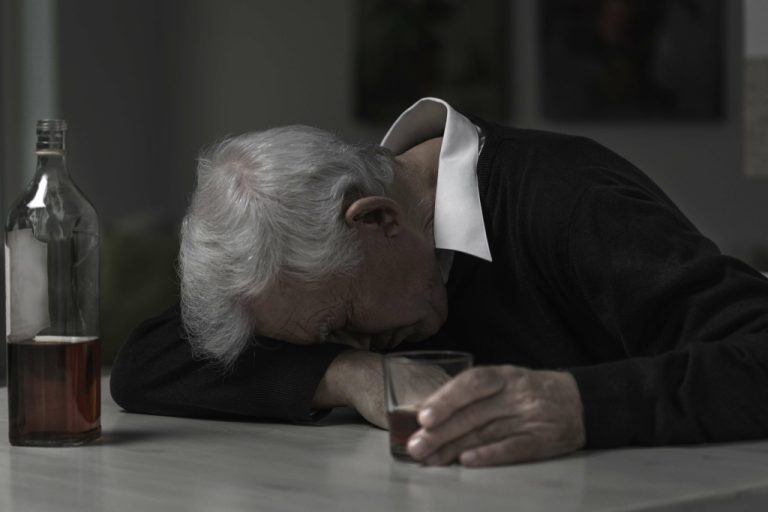Now you may find that you are equally critical of yourself and equally unforgiving. We hear a lot about the importance of forgiving those who have harmed us, but what about forgiving ourselves? Another exercise you can do to face your wrongs is to make alist of what your values are.
Cultivate Forgiveness:
- It’s a painful emotion stemming from the belief that one’s actions or failures make them a bad person at their core.
- Individuals may feel a deep sense of regret and remorse for the harm they caused to themselves or others during their struggles.
- Here are six healing practices that will help you overcome shame in addiction recovery.
- Instead, work on shifting attitudes and routines to improve your ability to make wiser choices now and in the future.
- They often speak of the embarrassment of getting arrested and coming to prison yet again all due to not being able to leave their drug of choice alone.
Shame, on the other hand, influences actions that are self-destructive and thoughts that are negative and self-deprecating. Whatever your religious or spiritual beliefs, asking your higher power for comfort, compassion and forgiveness can be a powerful step in forgiving yourself. This may be as simple as praying to God to forgive you for your sins, or it may involve a more structured gesture. For example, the act of confession within the Catholic church is essentially an apology to God. It has all the important components of apology—a statement of regret, an acceptance of responsibility for one’s actions, a promise to not repeat the offense, and the request for forgiveness. In the Jewish tradition, it has long been the custom to seek forgiveness from family members, friends, neighbors, and colleagues during the time of the High Holy Days.

A Guide to Teaching Kids with Speech Difficulties
- The individuals would often discuss how their family would separate themselves from the individual in addiction and wanted nothing to do with them.
- Engage in mindfulness meditation or other mindfulness practices to increase awareness of the present moment and reduce rumination on past mistakes.
- Our therapists are well-versed in approaches that will help you learn to see mistakes as behaviors and not as a representation of your self-worth.
- It is your choice and your choice alone whether you continue to carry or release the shame of betrayal.
Shame and guilt are parts of addiction and recovery that are quite common but can be repaired with time and work. If one dwells in these feelings though, the creation of self-doubt can lead to furthering relapse or causing it to reoccur. It is important to try to become more self-aware of your feelings and work on them. Over the past 15 years in which I have been http://uzbeksteel.com/2012-09-21-17-46-03/626-chtpz-sootvetstvuet-mezhdunarodnym-standartam a counselor, I have worked with individuals who have battled a variety of different addictions over their lifetime. However, the common factor in each case kept leading back to the emotional train wreck that their lives had developed into. Your own experiences of abuse or neglect may have prevented you from developing the qualities necessary to be a good parent.
- One reason why mindfulness meditation is so effective in addressing feelings of shame or guilt is because it helps individuals identify and confront their underlying triggers.
- This article will help you understand the importance of dealing with guilt and shame in recovery and help you find support as you work through the process.
- The rearview mirror is always clearer than the windshield, it’s easy to look back but looking ahead and staying positive is always worth it.
- You should move forward even if you feel regret for previous actions.
Are Dumb Phones Enough? Rehab Experts Discuss Digital Addiction
Learning to accept that these people love you and that you’re part of a loving network can be hard, but is possible through therapy. Several studies have shown that analyzing emotional problems in substance abusers is important because people in recovery experience different levels https://oval.ru/ars/083079084.html of shame and guilt than the general population. Being able to forgive removes the shame and feeling that you can move on. Forgiving ourselves or others and releasing that choking experience of guilt is crucial to overcoming a relapse or pushing through on your journey of recovery.

In this next part, we will delve into the Understanding and Addressing Shame and Guilt in Addiction Recovery. We’ll explore The Role of Shame and Guilt in Addiction Recovery and the importance of Distinguishing Between Shame and Guilt. With real examples and expert https://triviumsystems.biz/do-one-of-these-to-get-triple-the-health-bang-for-your-buck/ research, we’ll highlight strategies that you can adapt to your own journey towards recovery. Take proactive steps to make amends for past behaviors that contribute to feelings of guilt and shame, where appropriate and without causing harm to yourself or others.
![]()
